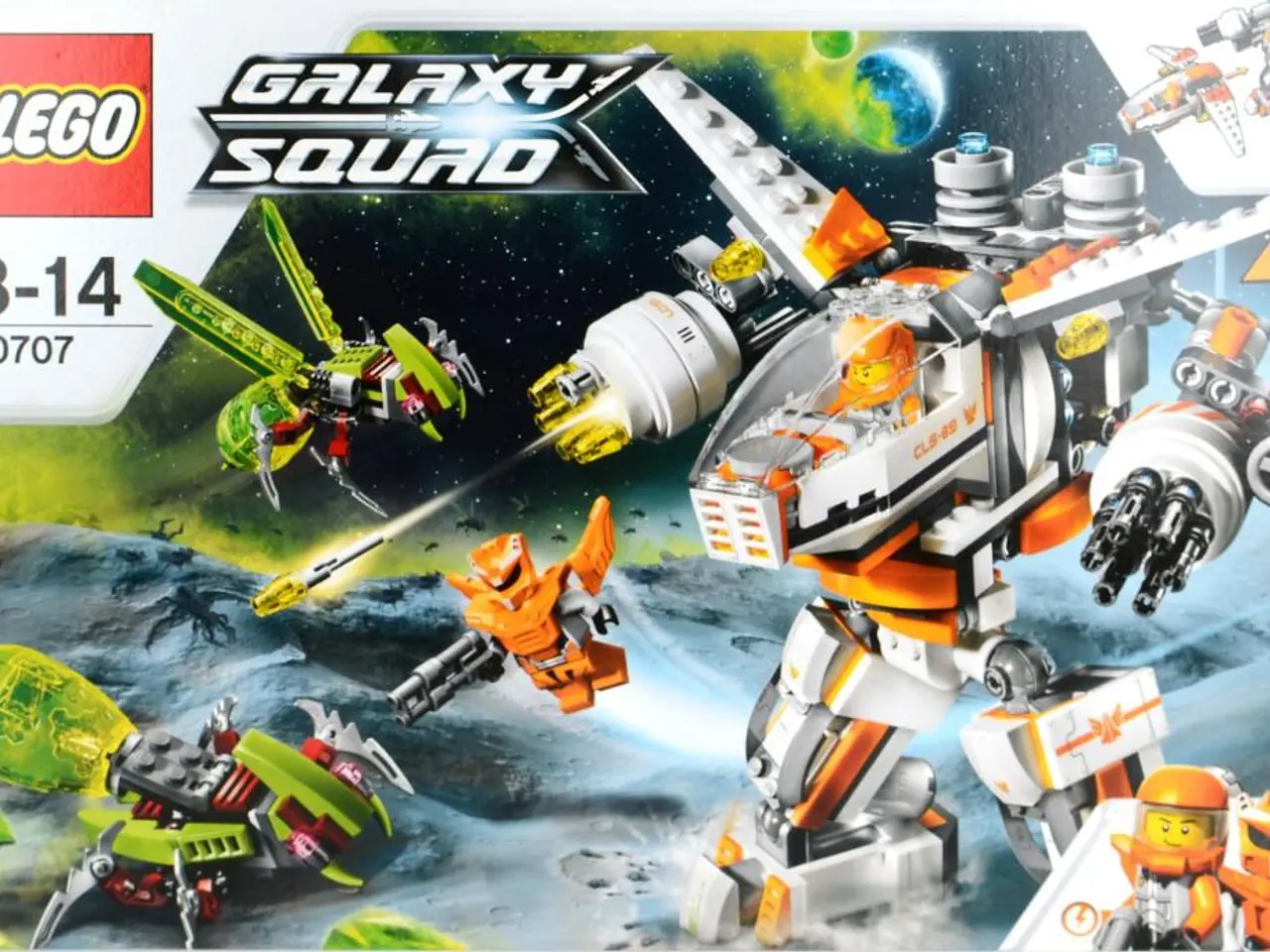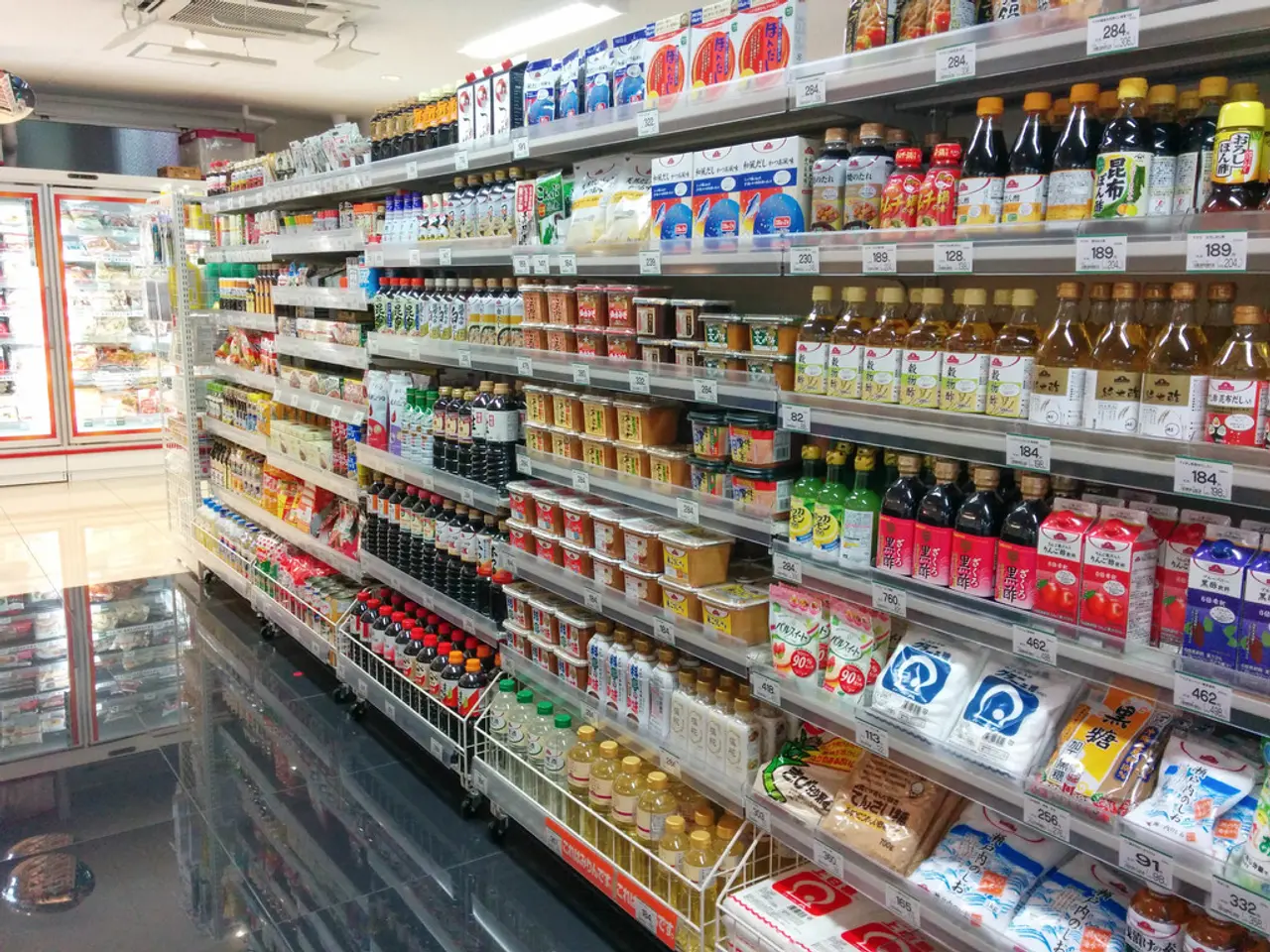Tesla awards Musk with shares worth $29 billion, following his challenge to a previous compensation decision
Tesla Grants New $29 Billion Compensation Package to Elon Musk
Tesla has granted a new stock-based compensation package worth approximately $29 billion to CEO Elon Musk, marking a significant shift in the executive's remuneration following the voiding of his original $56 billion package in 2024.
The new package, approved by Tesla's board in August 2025, consists of 96 million shares that vest over two years, subject to Musk remaining CEO or in another key executive role. Musk must pay the exercise price of $23.34 per share, equal to the exercise price per share of the 2018 CEO Award.
The original compensation package was invalidated by a Delaware court in 2024, citing flaws in the board's approval process. If the Delaware courts fully reinstate the 2018 CEO Performance Award, the interim award shares will either be forfeited or offset, ensuring there will be no "double dip."
The court ruling in 2024 emphasized the importance of board independence and shareholder rights, following a lawsuit alleging procedural flaws in approving the plan. In June 2024, shareholders reaffirmed the $56 billion plan, but Musk filed an appeal with the Delaware Supreme Court in March 2025, challenging the ruling. The Supreme Court has not yet ruled.
The new award is designed to keep Musk focused on Tesla, especially as the company pivots toward artificial intelligence and robotics. The interim plan protects shareholder interests against dilution and aligns Musk's incentives with company performance.
Tesla's board views this compensation as critical to retaining Musk amid competition for AI talent and Musk's commitments in other ventures (SpaceX, xAI), especially as Tesla transitions toward AI-driven products. Musk's ownership would increase from about 13% to 15% under the interim deal, potentially raising concerns about control and dilution, but with safeguards compared to the original plan.
The company is grappling with a decline in sales due to its aging vehicle line-up, tough competition, and Musk's political stances that have alienated some potential buyers. Tesla faces stiffer competition from an array of EVs from legacy automakers, including General Motors, Hyundai, and BMW. Tesla's aging lineup is facing competition from a new model from BMW.
Tesla shares rose more than 2% in premarket trading, reflecting investor optimism about the company's future under Musk's leadership. The shares come with a five-year holding period, except for tax payments or the purchase price. US government cuts in support for EVs have worsened the challenges faced by Tesla. Data from research firm S&P Global Mobility shows that Tesla's brand loyalty has plunged since Musk endorsed US President Donald Trump.
In summary, the 2024 court ruling invalidated Musk’s original large compensation package due to procedural flaws, leading Tesla to approve a significantly smaller but substantial interim stock-based package in 2025 to retain Musk’s leadership. The outcome of ongoing appeals could still alter the final compensation Musk receives, with important implications for Tesla’s governance and executive retention strategy.
Business executive Elon Musk, having his original compensation package of $56 billion invalidated in 2024 due to procedural flaws, now faces a new stock-based package worth approximately $29 billion, as Tesla leans on finance and technology to retain his leadership in the company's shift towards artificial intelligence and robotics.




